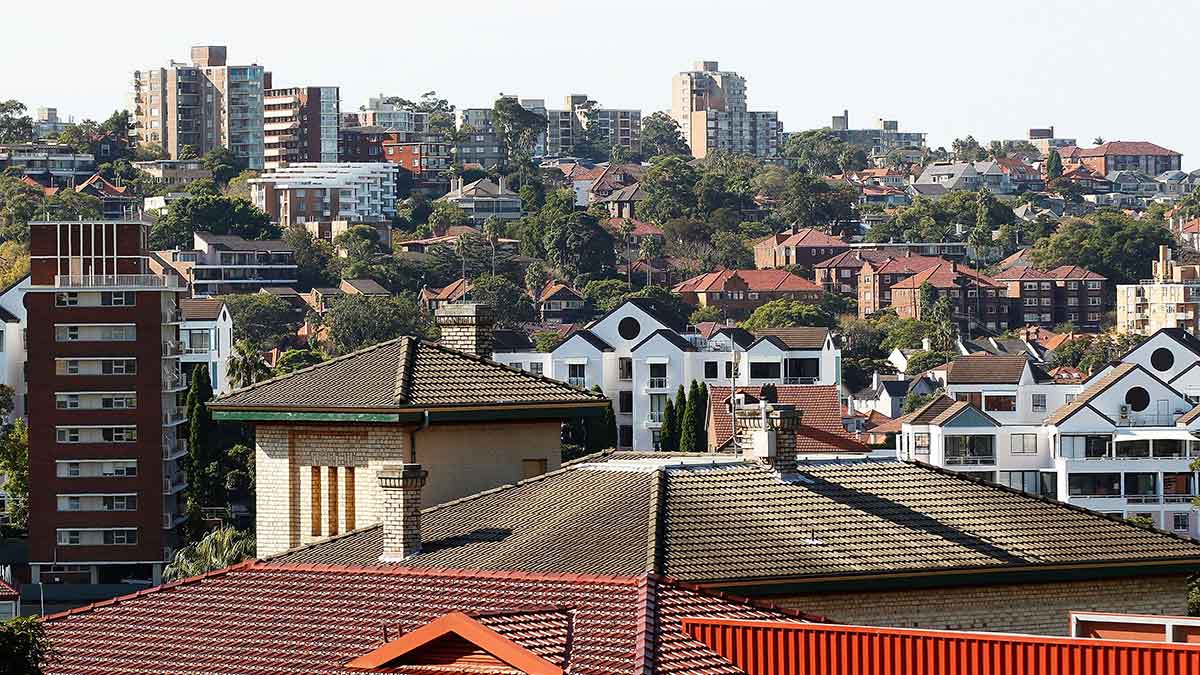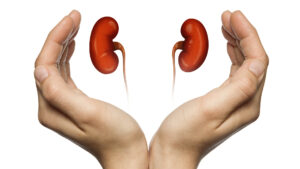Virtus profits fall as mortgage pressure puts women off IVF

It may not be a surprise to some people that an IVF clinic is reporting fewer patients, given world events.
The country’s largest IVF provider reported a 3.7 per cent drop in Australian women undertaking treatment last year, which dragged its EBITDA down 5.9 per cent to $64.8 million.
But despite what you may think, it apparently has nothing to do with fear of a Trump America.
Virtus Health (ASX:VRT) chief Sue Channon says delayed fertility treatments are more likely a cyclical effect due to economic factors, such as mortgage stress.
However she said a bad 12 months could often result in “pent-up demand” being unleashed the following year, because women could only wait so long to treat fertility conditions.
“In Australia, 31 is the average age of first-time mothers. Our average age is 37,” she told Stockhead.
“Those growth drivers aren’t going away.”
Yet if the housing market is really starting to cool – AMP Capital chief economist Shane Oliver thinks a 5-10 per cent drop for house prices, and 15 per cent for apartments is possible – we’ll really start to see whether couples’ desire for children outweighs the pressure of paying back a mortgage.
Virtus released disappointing full year results this week, with profit falling 14.6 per cent to $28.1 million and revenues down 1.8 per cent to $256.5 million.
Cheaper competitors
Cut-price IVF providers such as Primary Health Care have eaten into the company’s profit margins.
Bulk biller Primary Health Care has cut out-of-pocket costs for IVF down to about $800, while Virtus’s cheapest offering is $900.
“Low-cost cycles at Virtus are about 15 per cent of our customers. But some people are just not suitable for low-cost,” Ms Channon said.
“We feel that we’ve had the right pricing for that part of the market.”
Ms Channon says adjusted pricing, and changes in Victoria to management personnel and diagnostics testing began to stem market share losses in the last quarter.
Virtus is seeing a rise in same-sex and single women patients – a 15 per cent rise in the last year – and expects its Danish, Irish and Singaporean clinics to deliver more in terms of revenue in the coming year. This year the international divisions contributed 18 per cent of group revenue.
But contrary to some media reports, they’re not actively pursuing a Chinese strategy.
One issue is that Chinese couples often want the option of sex-selection, which is illegal in Australia and Singapore.
Ms Channon says they have loose relationships with some medical tourism companies but until now have been a passive recipient of Chinese patients.
UNLOCK INSIGHTS
Discover the untold stories of emerging ASX stocks.
Daily news and expert analysis, it's free to subscribe.
By proceeding, you confirm you understand that we handle personal information in accordance with our Privacy Policy.








